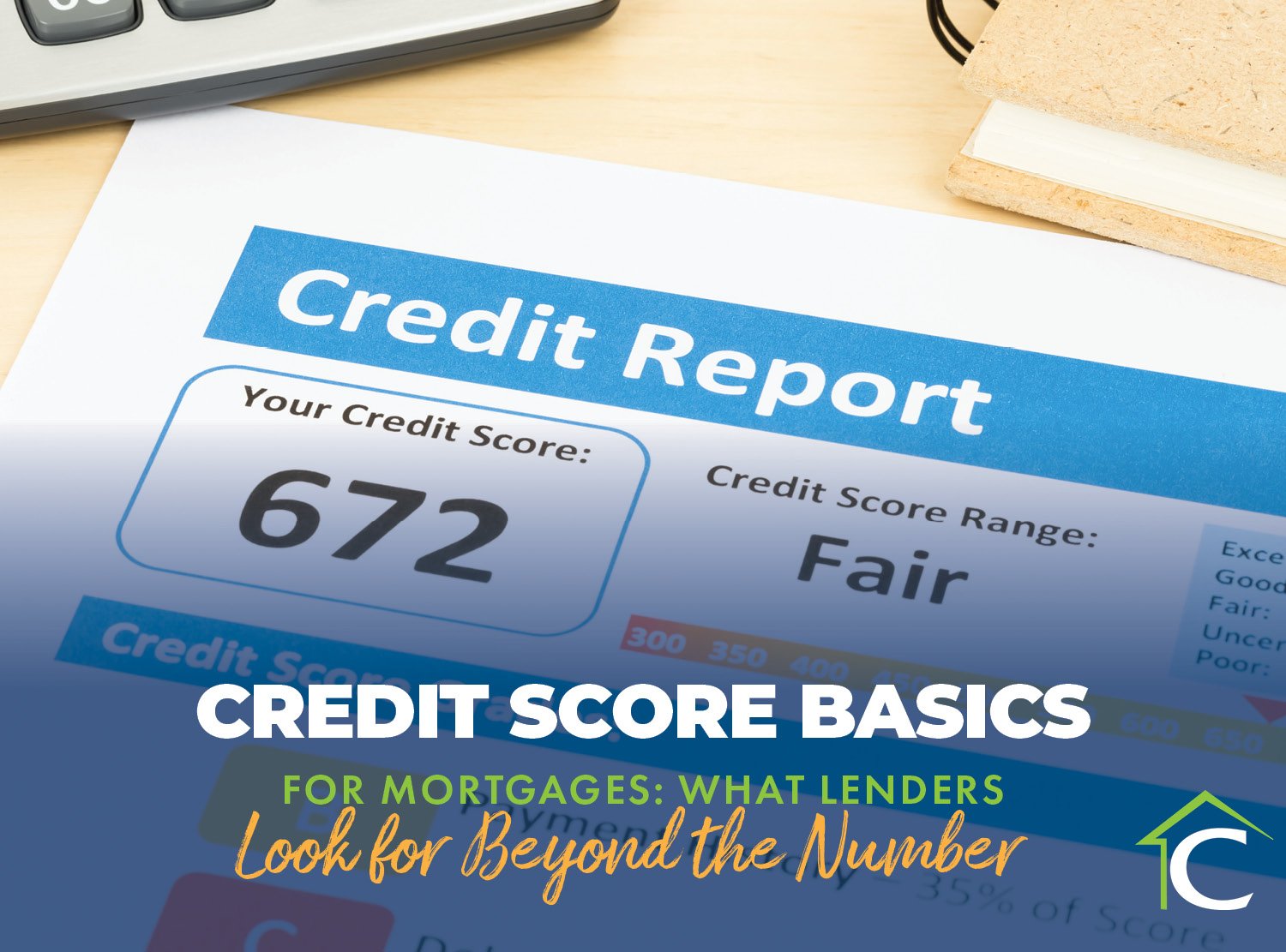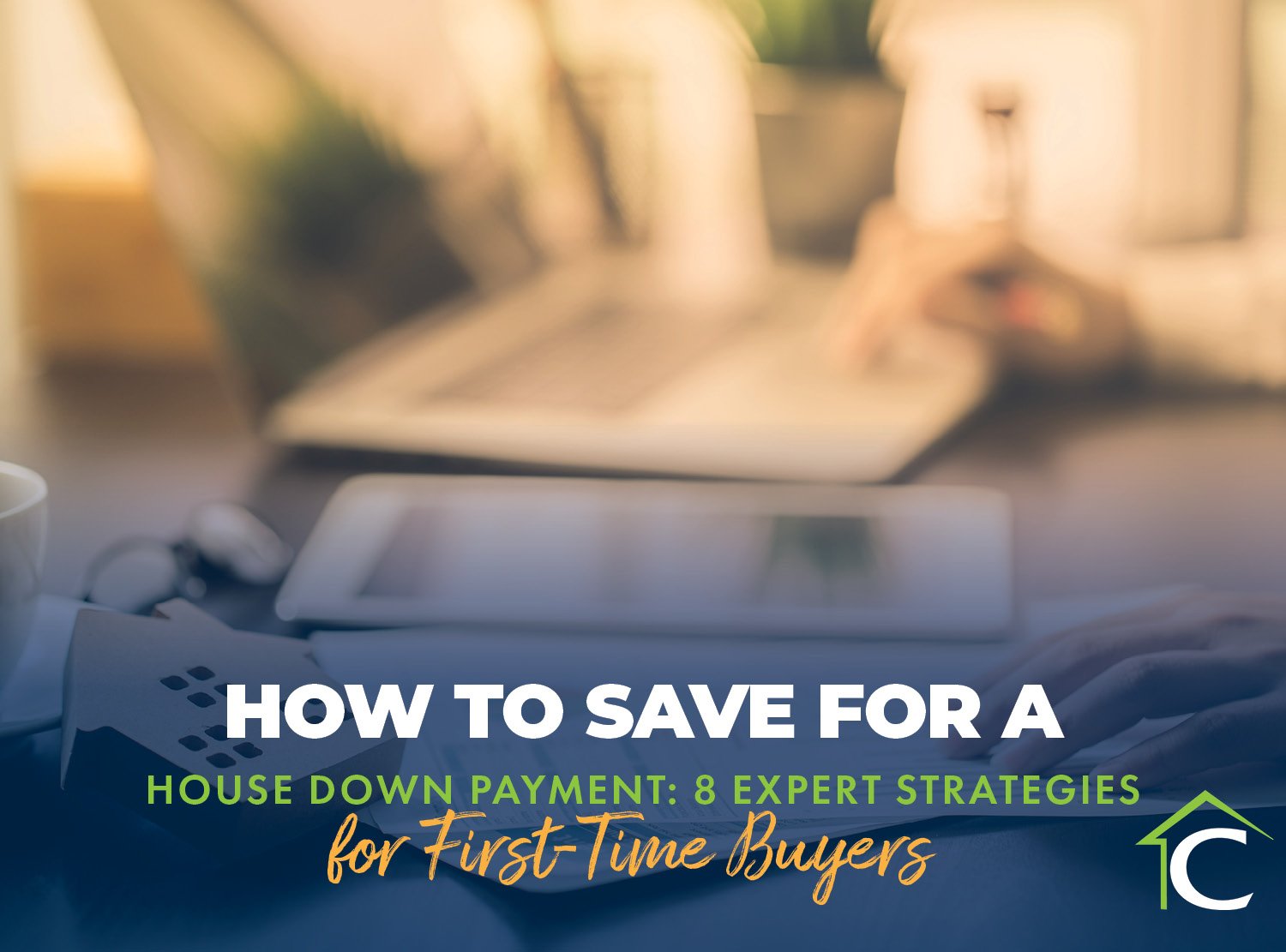Use this guide to navigate the Nassau County real estate market for your second home, featuring local insights, financing options, and essential buying tips.
Are you dreaming of a getaway spot near the bustling city of New York? Or maybe you’re eyeing an investment opportunity to bring in some extra cash? Whatever your goal, Nassau County, with its blend of serene beaches, cultural riches, and suburban charm, is an ideal spot.
Here’s your ultimate guide to landing a second home in this charming region.
Why Nassau County?
Nassau County, nestled between the vibrant energy of the Big Apple and the picturesque expanse of Suffolk County, offers the best of both worlds. It provides a perfect balance of urban excitement and residential tranquility, making it an ideal location for those seeking a diverse and fulfilling lifestyle. National neighborhood and school review site Niche.com ranks Nassau County as the #1 best county in New York to live in.
Here are a few other features that make Nassau special:
Proximity to NYC
At just 17 miles west, New York City is a mere stone’s throw away. The Long Island Rail Road (LIRR) operates several lines in Nassau County, providing convenient transportation to the city一a 40-minute ride to midtown, for example一and to various destinations within the county itself. The Nassau Inter-County Express (NICE) bus service, with transfers to the LIRR or NYC subway, will also get you to the metro area. By car or ride share, the trip is traffic-dependent but takes about an hour on average.
An Abundance of Amenities
The county offers a rich array of benefits that cater to diverse interests and needs. Plentiful dining options reflect the region’s cultural diversity, and shopping enthusiasts will love the area’s popular retail centers and boutiques.
For those seeking outdoor activities, Nassau County is home to beautiful parks, beaches, and golf courses, providing ample opportunities for recreation and relaxation. Nassau is also the #1 ranked county in New York for outdoor activities.
Excellent healthcare facilities and high-quality educational institutions, including public schools and higher education options, also make Nassau County particularly desirable. Cultural attractions include museums, historical sites, and theaters, further providing the community with a rich selection of arts and entertainment.
Check out the Top 10 Fun Things to Do on Long Island for more great activities the area offers.
Diverse Real Estate Options
From luxurious beachfront properties to cozy suburban homes, the real estate market in Nassau caters to diverse tastes and budgets. The county’s vibrant mix of communities includes bustling towns of Hempstead and North Hempstead, scenic waterfront communities such as Glen Cove, Long Beach, and Oyster Bay, and over 100 charming neighborhoods and villages.
You can find more information on all the county’s communities by visiting the official Nassau County website.
Purchasing a Second Home
Evaluating your financial readiness to purchase a second home should extend beyond whether the purchase price seems right. For example, how you plan to use the property can impact your mortgage cost, property taxes, home insurance, and maintenance costs. Additionally, if you require a mortgage, lenders will assess your ability to afford a loan based on several measures. These include:
Income & Assets
Generally speaking, a minimum of two years of steady income is required to qualify for a mortgage. Recent statements of monetary assets, such as checking and savings accounts, IRA and 401(k) balances, and reserve accounts, are also reviewed.
Debt-to-Income (DTI) Ratios
This measures the monthly debt payment you can support relative to your monthly gross income. If you have $1,000 in monthly debt payments and $3,000 in monthly income, your front-end debt-to-income ratio is $1,000/$3,000 or 33%. Bear in mind in addition to the monthly mortgage payment itself, property taxes, insurance, and utilities are typically included in this calculation.
A back-end debt-to-income ratio includes additional debt obligations, such as a student loan debt or car payment. Using our previous example, if you had a monthly car payment of $350, your back-end DTI would be ($1,000 + $350)/$3,000 = 45%.
Credit Score
While there is no hard and fast rule on what constitutes a minimum acceptable credit score, the higher your score, the better. A minimum score of 620 is likely for a conventional loan and a range of 640-700 for a second mortgage. The required score may be higher for financing an investment property (see more below).
Down Payment
A higher down payment might be avoidable for a primary home but not for your vacation home or investment property. Expect to put down 10 to 30 percent of the purchase price at closing.
Financing Options
Several financing options are available to purchase a second home. Each has its own set of advantages, risks, and requirements.
Second Home Mortgage
Different property uses require different types of mortgages. As its name suggests, a second home mortgage is appropriate for financing your purchase of a vacation home or secondary residence separate from your primary residence or domicile.
Qualification for this mortgage is similar to the process for a primary home mortgage. Lenders will still look at income, debt-to-income ratio, credit score, and other financial health metrics, but qualification standards may be stricter.
Mortgage interest on a second home may be tax-deductible, similar to a primary residence. However, there may be limits or specific conditions under tax laws.
Investment Property Mortgage
You'll need an investment property mortgage if you plan to rent the property to generate rental income. Loan terms are generally more restrictive than those for a second home mortgage. For example, interest rates and down payments are often higher, reflecting the greater risk associated with these loans. Proof of rental income potential for the property is also commonly required.
Mortgage interest and other expenses, such as property maintenance, improvements, and depreciation, can also be deducted as rental expenses.
Government-Sponsored Enterprise-Backed (GSE) Mortgages
Second home and investment property mortgages backed by guarantors such as the Federal National Mortgage Association (Fannie Mae) and the Federal Home Loan Mortgage Corporation (Freddie Mac) are also available.
Both GSEs have specific guidelines for these types of mortgages that address property type, occupancy requirements, distance from primary residence, and use of rental income when relevant.
Home Equity Line of Credit, Home Equity Loans, & Cash-out Loans
Other approaches to financing a second home leverage your existing home’s equity. If you have a significant portion of your home’s mortgage paid off, you can use that equity for secondary financing in the following ways:
-
- Home Equity Line of Credit (HELOC). A HELOC works like a line of credit against your home equity. You borrow what you need and pay interest (typically at a variable rate) only on the outstanding loan amount. Once the loan is repaid, the principal becomes available to borrow again.
- Home Equity Loan. A Home equity loan is a lump sum amount available to borrow that uses your home equity as collateral. It typically includes a fixed interest rate with predictable monthly payments.
- Cash-out Refinance. This requires a refinance of your existing mortgage for a higher loan amount. The excess loan proceeds can be used in the purchase of a second home or investment property. Importantly, this option can increase your monthly payment and total loan interest unless interest rates are significantly below your existing loan interest rate.
While these options may not be enough to fully finance a second home or investment property, they can be used for a down payment, ongoing expenses, or needed renovations.
Additionally, using your existing home’s equity for a second loan increases risk as you’re securing a new loan with your primary residence. If you default on the second loan, you could risk losing your house.
Regardless of the type of financing you select, it’s best to work with a qualified and experienced lender such as Conour to ensure you get a loan that suits your financial situation, meets your long-term goals, and helps you navigate the complexities of the mortgage process effectively.
Investment Property Considerations
If you’re considering purchasing a second home for rental income, there’s a lot to consider. For example:
Rental Income Potential
If you plan to rent out your second home, research local rental markets to estimate potential income, which can help offset costs. One place to start is the price-to-rent ratio. This is a valuable metric for landlords to assess the profitability of a real estate investment. It’s calculated by dividing the price of a property by the annual rent it can generate.
A low ratio (1-15) suggests more favorable conditions for buying a rental property. The lower the ratio, the more affordable it is relative to the rent it can earn. Ratios between 16 and 20 could still signal suitable investments, but maintenance costs and vacancy rates could eat into profits. Higher ratios (21 and above) suggest the potential rental income from the property is relatively low, given its cost.
Zoning & Local Laws
Most cities or other local jurisdictions have laws outlining the applicable use of your home. These rules are often found in a zoning code, planning code, or city ordinances.
Be sure to consult these rules or regulations to see if your intended use meets current zoning requirements and definitions. For example, some areas may have restrictions on short-term rentals.
Permits & Licenses
You might also need to obtain specific permits or licenses to legally rent out your property, especially if you're considering using the property for short-term or “transient” rentals (less than 28 days). Many jurisdictions also require hosts to collect a tax for each overnight stay and pay that tax to the city or other jurisdiction.
Contact your local government for more information on zoning laws, permit requirements, and occupancy taxes.
Taxes & Insurance
Income generated from renting your property is taxable. You should be aware of both federal and New York State tax implications. You may also have to pay local taxes.
Additionally, your homeowner's insurance policy may not cover rental activities. Obtaining landlord insurance is advisable to protect your property against potential liabilities.
Maintenance & Management
As a landlord, you’ll be responsible for maintaining the property and responding to tenant needs. Consider if you want to manage the property yourself or hire a property management company.
Community Rules & HOA
If your property is part of a homeowners' association (HOA), check the HOA rules, as they may have restrictions on rentals.
Lease Agreements & Tenant Rights
It will also be essential to fully understand New York's landlord-tenant laws to ensure you draft a legal and fair lease agreement. Be aware of tenant rights and eviction processes.
In short, before purchasing a rental property, consult with a real estate attorney or a local expert to ensure compliance with all legal and regulatory requirements.
The Buying Process
Once you've decided to purchase a second home and considered its purpose and what you can afford, it’s time to start the buying process. Preparing ahead and knowing what to expect can make the process run more smoothly. Essential steps include the following:
Securing Mortgage Pre-Qualification, Pre-Approval, & Commitment Letters
Pre-qualification is an initial step in which a mortgage lender provides an informal review of your credit and ability to repay a mortgage loan based on information provided by you. It’s an estimate of how much you can borrow that helps set a realistic budget for your house search.
A pre-approval letter includes a more detailed estimate by a lender of your maximum loan amount based on a review of your third-party credit report and payment history. Having it ready during your home search signals to sellers that you are a serious and capable buyer, often giving you an edge in competitive housing markets.
A mortgage commitment letter is a more formal indication from the lender that they have reviewed and approved your financials and are committed to lending you a specific amount. This strengthens your position in negotiations with sellers and can accelerate the closing process since much of the financial due diligence has already been completed.
Having these documents in hand can streamline your home-buying journey, reduce uncertainties, and enhance your credibility with sellers.
Working with a Real Estate Agent
A local agent can provide invaluable insight into the Nassau real estate market and help you navigate the buying process. A trade association with strict ethics codes and standards of practice, such as the Long Island Bureau of Realtors, is an excellent place to start.
Making an Offer
Once you find your ideal property, your agent will help you make a competitive offer based on market analysis and your budget.
When your offer is accepted and the sale contract signed, arrange a professional inspection to identify any potential issues impacting the agreed sale price. Importantly, your contract of sale should allow for contingencies identified in the inspection process, and your agent should assist in negotiating any necessary repairs or price adjustments based on the findings.
Closing the Deal
Once financing is secured and title is established, a final walkthrough of the property can be scheduled, followed by a closing meeting where you review and sign various legal documents, such as the mortgage agreement and title transfer papers, in the presence of a closing agent. Hiring a real estate attorney is advisable to ensure the transaction goes smoothly.
During this meeting, you’ll pay certain closing costs, which include various fees and the down payment. Finally, the closing is completed with the recording of the sale with local authorities, after which you receive the keys to your new second home!
Achieving Your Second Home Dream
Purchasing a second home in Nassau County is an exciting venture. Its proximity to NYC, diverse property options, and vibrant communities make it an attractive choice for many. By understanding the market, being financially prepared, and navigating the buying process effectively, you can make your dream of owning a second home in Nassau County a reality.
The key to a successful purchase lies in thorough research, careful planning, and leveraging the expertise of professionals. The best way to begin is by speaking with a reputable, local lender to understand specific options, financing, and other essential elements. Loan officers at our Garden City office are experts on these requirements and can provide exceptional guidance on the best financing for the second home of your dreams.
Contact Contour Mortgage to learn more about how we can help with your financing requirements, qualifications, and questions.

















